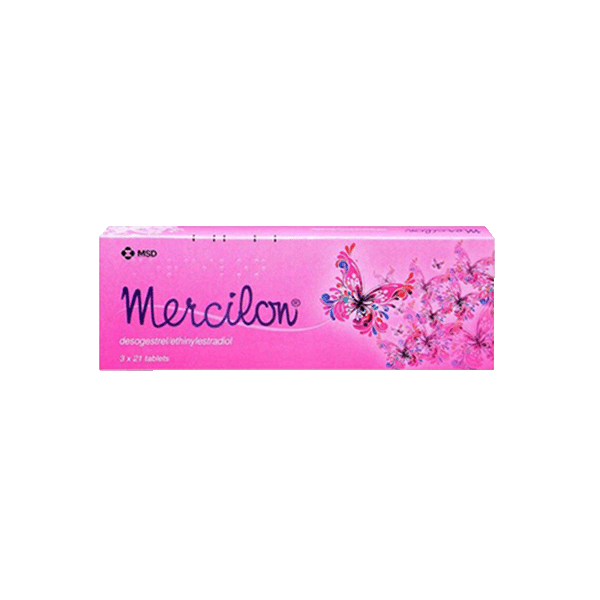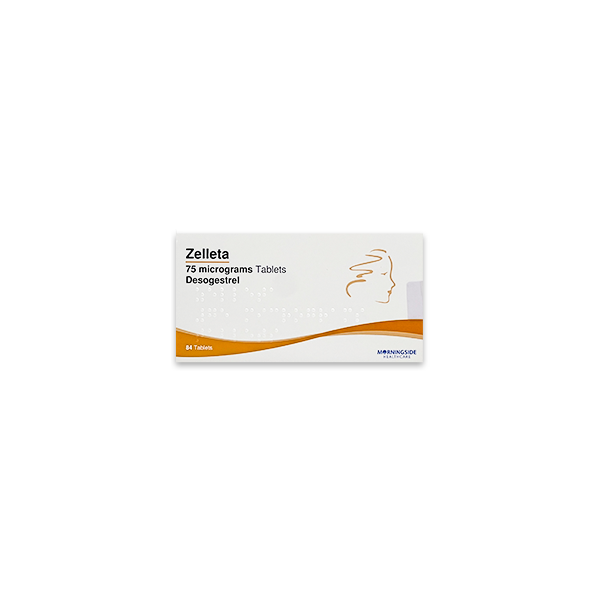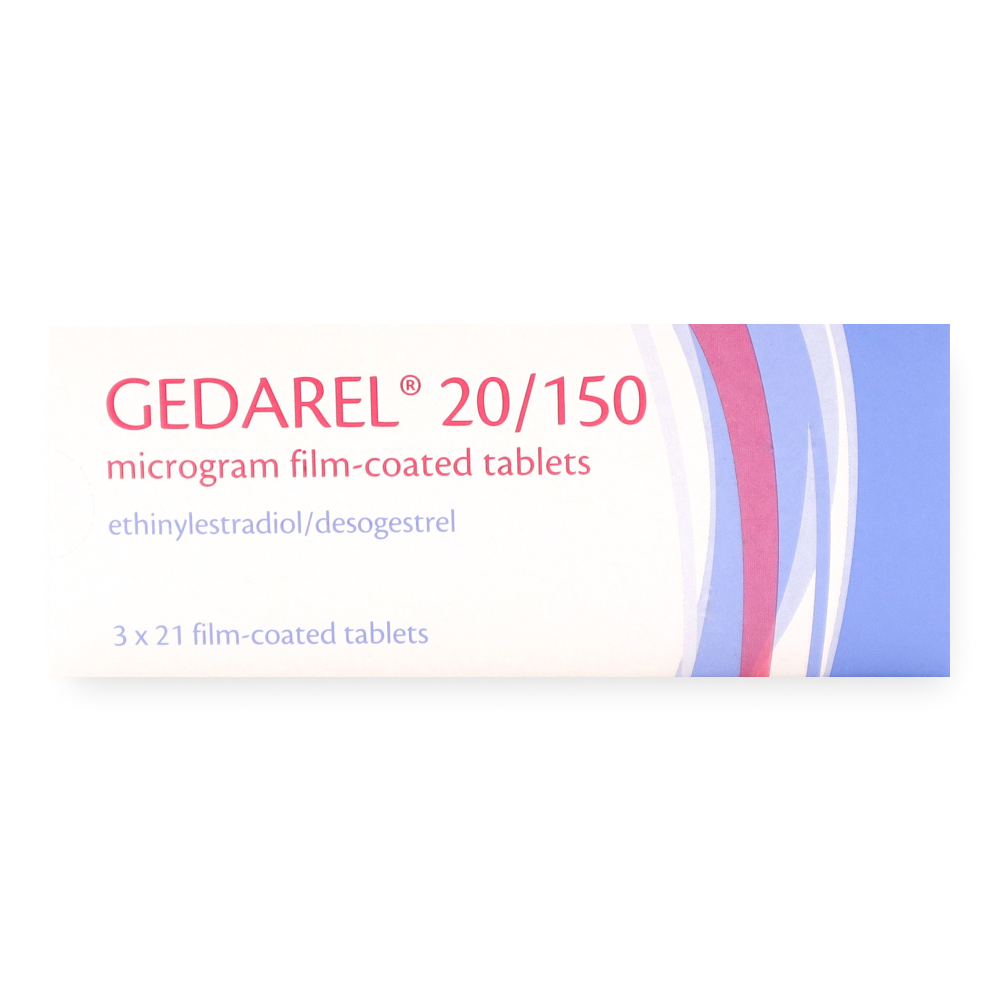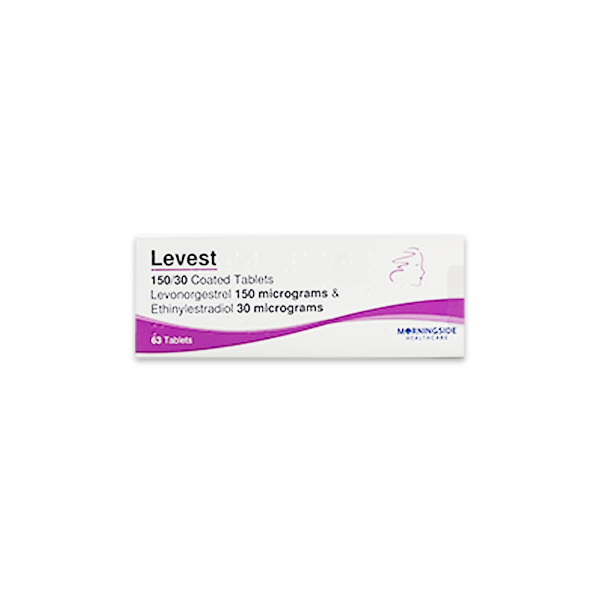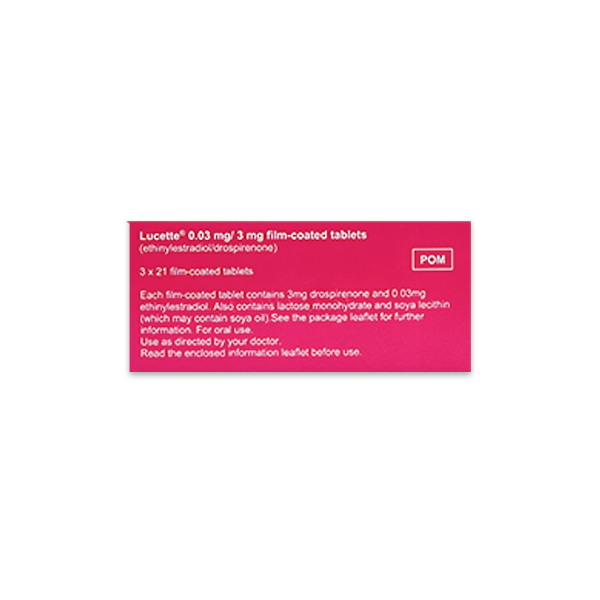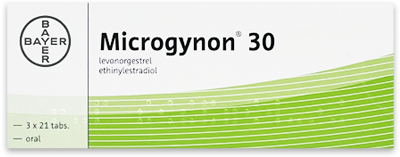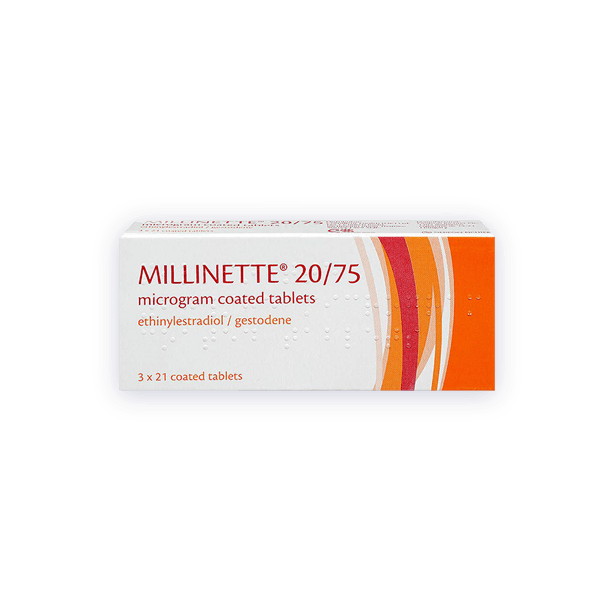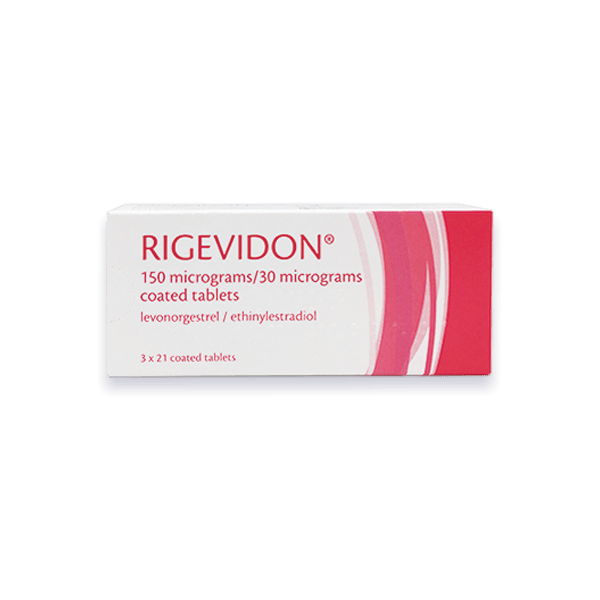Start Your Combined Pill Consultation
Complete a quick and easy questionnaire and one of our prescribers will make sure this treatment is right for you.

4.5/5 Trustpilot Rating

Trusted UK Registered Pharmacy

Takes Under 2 Minutes

Secure and Confidential

Justin Dicks
Superintendent Pharmacist
GPhC Number 2038305
Treatments
Frequently Asked Questions
Have a question? We're here to help
What Is A Contraceptive?
Contraception is either a device or method which helps to stop you from getting pregnant. These come in a variety of forms, including oral pills, mechanical barriers, such as condoms, injections, implants and patches.
What Contraceptive Options Are There?
There are multiple methods and devices that can be used to prevent pregnancy. Common methods can include the combined pill, progestogen-only pill, contraceptive implant, female condoms and the IUD.
What Is The Mini-Pill?
The mini pill is a progesterone only pill. It is known as the mini pill as it only contains one hormone, whereas other contraceptive pills, known as the combined pill, contain both progesterone and oestrogen. The mini pill has the same function as combined pills. By taking the mini pill, you are preventing pregnancy as it thickens mucus in and around the womb. Thick mucus decreases the chance for sperm to reach the egg, and also for the egg to implant and develop.
What Is The Best Contraceptive Pill?
Which contraceptive pill is best for you depends on numerous factors. These can include: Age, smoking habits, medical/family history and other medications you take. You should consult with your doctor to decide which pill is best for you.
What Happens If I Stop Taking The Pill?
Your periods may be irregular when you first come off the pill, and it may take up to 3 months for your natural menstrual cycle to normalise. You will no longer be protected from getting pregnant.
What Types Of Contraceptive Pills Are There?
There are two forms of contraceptive pills. The first is a progesterone-only pill, also known as the mini pill. And the second is known as a combined pill, which contains both progesterone and oestrogen.
Are There Any Risks Associated With The Contraceptive Pill?
With the combined pill, there is an increased risk of blood clots as oestrogen increases blood clotting. This risk is still very small. Breast cancer’s link to taking the pill is being investigated, and current data suggests that there is only a slight increase in risk. Research has also been linked to cervical cancer; however, the pill has been shown to decrease the risk of womb, ovarian and colon cancer.
Does Contraception Stop Me Getting Pregnant?
Yes. By taking the contraceptive pill as instructed, you will be protected from getting pregnant. Please note that if you miss taking the pill, you may not be protected. Also when starting the contraceptive course, note the time that it takes to become effective, which is on the product information leaflet. The contraceptive pill does not protect you from STIs.
Do I Need A Prescription To Order The Contraceptive Pill?
At e-Surgery our UK based prescribers can provide you with a private prescription online for your contraception if you have been prescribed it by your GP previously and have used it before.
How Will My Contraception Be Delivered?
Your contraception will be sent from our UK based private pharmacy and sent via the Royal Mail to a delivery location of your choice in plain, discreet packaging.



